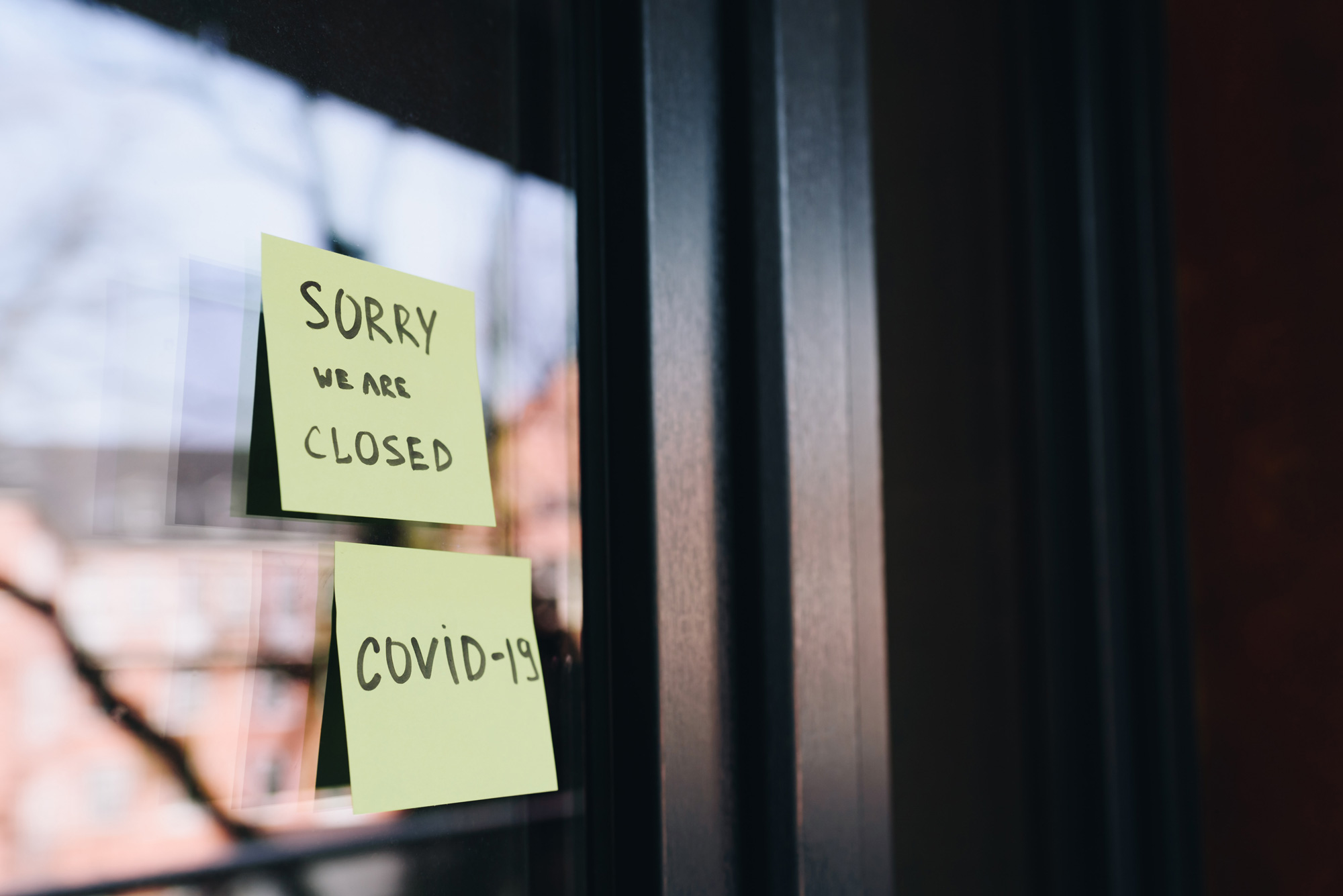
We are nearing the end of 2020, and it’s an understatement to say that this year has been tumultuous for so many Coloradans – especially for folks who earn lower incomes. In the midst of a life-threatening pandemic, economic downfalls, civil unrest and wildfires – all among a chaotic election year – Coloradans across the state have had rethink how we live, work and play.
After a year like this one, I’m tempted to put it in my rear view and charge into 2021 as fast as I can. But it’s important to remember that this year hasn’t impacted all Coloradans in the same ways and that not all of us can easily move beyond the struggles of 2020.
Through Pulse: The Colorado Health Foundation Poll, we asked 2,275 Coloradans across the state to tell us what’s keeping them up at night, what’s bringing them joy and what the state needs to do to support health. This year has taken a particular toll on Coloradans living on low income. Here’s what you need to know:
- During the COVID-19 pandemic, Coloradans living on low incomes are more likely to have been laid off and less likely to be able to work from home.
- 29% of people living on low incomes have been laid off, compared to 7% of the highest income earners.
- 47% have had their wages or hours cut this year, compared to 21% of those making $100,000 or more.
- Only 20% of Coloradans living on low income have been able to work from home, compared to 61% of the highest income Coloradans.
- The economic hardships of this year have not fallen equally on all Coloradans, widening income inequality.
- 42% of Coloradans living on less than $30,000 say they are worse off financially, while 34% of the highest income Coloradans report being better off.
- More than half (51%) of Coloradans with low incomes say that they are worried about being able to afford enough food to feed their families in the next year; 39% say they’ve been unable to afford basic necessities this year.
- The rising cost of housing in Colorado is putting a strain on families with low income.
- 73% of people living on low incomes say the cost of housing is a serious problem in the state, compared to 60% of those making $100,000 or more.
- 85% of those making $30,000 or less say homelessness is a serious problem, compared to 63% of the highest income earners.
- A majority (52%) are worried they might lose their home because they can’t afford the monthly rent or mortgage.
As we move into 2021, we know so many organizations and community leaders are working to ensure our state’s economic recovery. These findings are a reminder that our recovery must include all Coloradans, especially those who have been hit hardest financially by this year’s unprecedented challenges.
Learn more about Pulse: The Colorado Health Foundation Poll and use our interactive dashboard to dig deeper into the data. Coloradans living on low incomes aren’t the only group that has been especially hurt this year; check out our other blog posts highlighting the experiences of Black/African American Coloradans and Latinx Coloradans.
